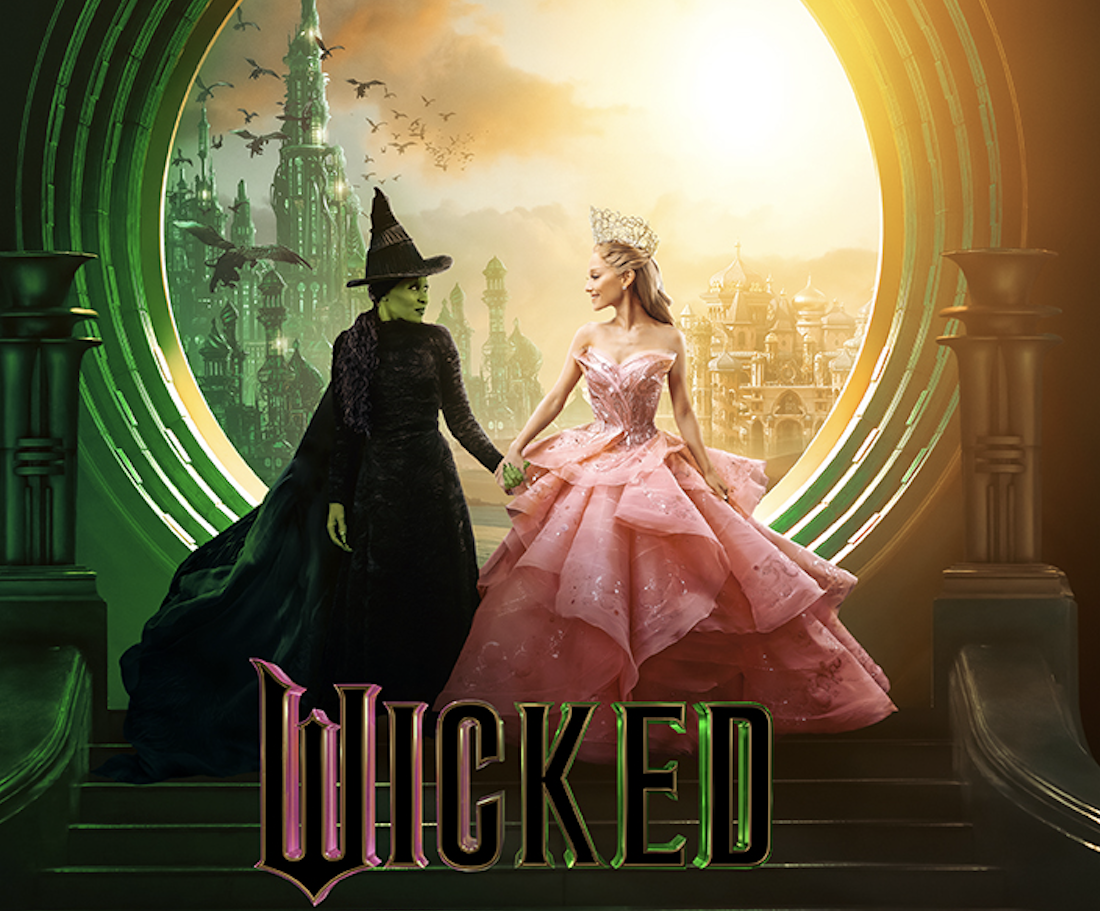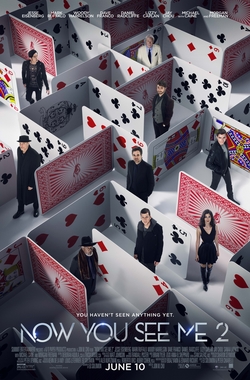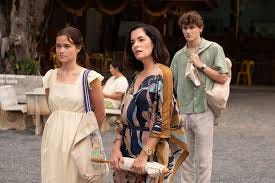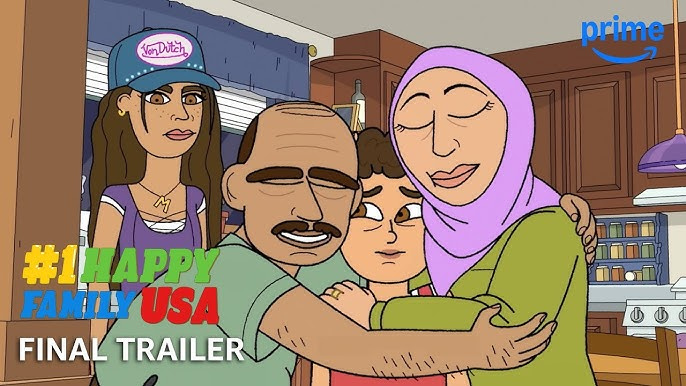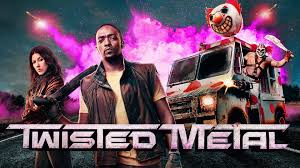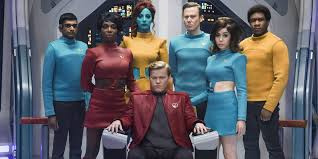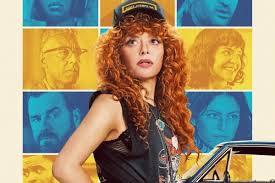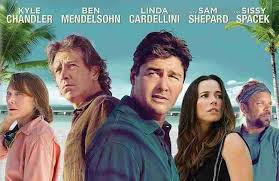For as long as I've been into films, I’ve heard people incessantly building a hagiocracy around the 70s. For those not well‑versed in the difference, the 70s are remembered as a time of political message movies that reflected the turbulence of the era, an emphasis on action rather than character (with far less exposition than earlier decades), strong directorial signatures, and an overriding theme of generational angst that mirrored the social and cultural divides of the time.
As highlighted in the recent book I finished "Easy Riders and Raging Bulls" (an incredible read, no doubt), there were also some wild stories of the time. Dennis Hopper was a dangerous flight risk who got into a knife fight with a co-star and practically chased his wife into witness protection on the set of Easy Rider (1969). A decade later, Francis Ford Coppola gave Martin Sheen a heart attack on a horribly planned trip to the Phillipines that resulted in just 8 minutes of usable film for what would amount to the first of three grossly negligent trips that eventually became Apocalypse Now (1979). In between, everyone was on wild drugs and traded romantic partners like baseball cards. There's no doubt the lives of William Friedkin, Peter Bogdanovich (probably the best), Martin Scorsese, Warren Beatty, Bob Rafelson, Stephen Spielberg, George Lucas, Hal Ashby, and Francis Ford Coppola make for great narrative arcs and that's part of what makes them all compelling.
But what about the directors with more boring personal lives who killed it in terms of quality a decade earlier?
The Case for the 1960s 🎬
The 1960s were already breaking boundaries, experimenting with genre, and tackling social issues long before the 70s became mythologized. Directors like John Frankenheimer, Sydney Lumet, Arthur Penn, Robert Wise, Stanley Kubrick, Martin Ritt, Sam Peckinpah, and John Sturges were making their mark, while old masters Alfred Hitchcock, Billy Wilder, John Ford, and David Lean were in their primes.
Genre Experimentation 🎭
The 60s were a decade of bold experimentation across genres. Westerns matured under directors like John Ford and John Sturges, evolving from simple tales of good versus evil into complex stories of anti‑heroes and professional outlaws, while Sam Peckinpah’s The Wild Bunch (1969) redefined cinematic violence and morality. At the same time, psychological thrillers pushed boundaries with films like Whatever Happened to Baby Jane? (1962) and Hitchcock’s The Birds (1963), which combined psychological tension with horror spectacle. And in science fiction, 2001: A Space Odyssey (1968) shattered conventions with radical pacing, visual ambition, and philosophical depth. Taken together, these films show that the 60s were already experimenting with genre in ways that rival — and often surpass — the innovations credited to the 70s.
The unfilfilled ambitions of the 1950s were perfected in the form of the epic like Lawrence of Arabia (1962), Doctor Zhivago (1965), or 2001: A Space Odyssey (1968), and there's no shortage of films that were heavy on social commentary:
To Kill a Mockingbird (1962) confronted racism and justice with timeless resonance.
Days of Wine and Roses (1962) explored alcoholism with unflinching honesty.
Birdman of Alcatraz (1962) examined redemption and humanity within the prison system. I'm in the extreme minority on this, but I liked it better than One Flew Over the Cuckoo's Nest (1975). In this case, it's the exposition and the central relationships that ground the former even if it's a little old-fashioned.
West Side Story (1961) tackled race, violence, and love through the lens of musical storytelling. For god's sake, it even has a rape scene!
Ship of Fools (1965) offered a microcosm of prejudice and human folly.
It's a Mad Mad Mad Mad World (1965) is fun as hell, but it's also a brutal indictment of capitalism. When the price is high enough, people are willing to do anything.
In the Heat of the Night (1967) confronted racial tensions and justice in the American South. Do note that all of Sidney Poitier's best work is in this decade
They Shoot Horses Don't They (1969) is a scathing indictment of the haves and have-nots. It also doesn't shy away from depression and suicidal ideation.
Beyond innovation and directorial signatures, the decade also carried a sense of elegance, wit, and sophistication that is hard to ignore. It was the first time films truly broke away from studio lots in terms of shooting locations. Works like Topkapi (1964), The VIPs (1963), Zorba the Greek (1964), The Pink Panther (1963), Walk Don’t Run (1966), and Never on a Sunday (1960) highlight this trend. This European sensibility even carried over into American films such as The Mating Game (1959), Pillow Talk (1959), and Breakfast at Tiffany’s (1961). Even the musical became more worldly in some sense with the All-Asian cast of Flower Drum Song or West Side Story which shot on the streets of New York.
The Case for the 1970s 🎥
So this is subjective, but many of the decade’s most celebrated films don’t resonate with me (I'm again speaking of what I've seen). I'll remove Star Wars (1977) and Spielberg from this equation because they were spiritually more like 80s films.
Without these overarching themes of generational conflict and the stories behind the stories, The Graduate (1967; I consider it a 70s film) is just a story of a love triangle with a killer performance in Anne Bancroft and a great soundtrack. Dog Day Afternoon (1975), stripped of its context, doesn’t feel much different than Smokin’ Aces (2006) or The Rundown (2003). Honestly, I'd take a heist film like Steve McQueen's Widows (2018) any day of the week. The French Connection (1971) is basically The Bourne Identity (2002) decades earlier. Shampoo is practically unwatchable: It reads to me like an overproduced Three's Company episode about a guy trying to wiggle his way out of screwing three women at once. Breaking Away (1979) was done several times better in the 1980s and 1990s.
Yes, I understand that hindsight is 20/20 and there's an entire trope about Seinfeld appearing unfunny to today's youth. But they are grounded in a specific cultural contexts.
To show I'm not a complete hater, here are several 70s Films I Love 🌟:
Five Easy Pieces (1970) – Five Easy Pieces doesn't have a boat load of exposition (at least at the start), so I'm not entirely opposed to the 1970s style when done right. This is one where the pieces of Bobby DuPree's character are filled in as we go. A lofty comparison would be Citizen Kane. Plus, there are several unforgettable scenes.
Network (1976) – the perfect storytelling mechanism of everything the 70s had to offer: sharp satire, generational tension, and a critique of media that still feels relevant.
The Sting (1973) and The Great Waldo Pepper (1975) – See, I'm not allergic to a good film heist film. The Sting is an excellent period piece that indicated the director is having Sam Peckinpagh or Quentin Tarantino levels of fun (it's no coincidence that Tarantino has long championed George Roy Hill to the point of writing a book about him). The Great Waldo Pepper is a film of incredible stunts combined with thematic depth about the way in which we emulate our heroes in healthy and unhealthy ways.
Airport (1970) and The Poseidon Adventure (1972) – I consider this more in line with the 50s style of spectacle, but I love these films and look forward to seeing more.
Norma Rae (1979) – It embodies the 70s ethos of social justice and antiheroes while providing character depth and pathos.
Taxi Driver (1976) – Not a film I relish every minute of, and I don’t consider it the masterpiece others do. There’s dead space in it, but it remains my favorite kind of intellectual film — one that sparks discussion long after the credits roll.
Being There (1979) – Proof that when you have a truly great story, it’s hard to screw it up. The execution and the trio of lead actors elevate it into something timeless.
American Graffiti (1973) – a vibrant snapshot of youth culture, capturing the joy of riding in a car before you get jaded by traffic and the anxieties about growing up too fast.
Pretty much anything by Rob Altman - If there's an iconoclast in the 1970s I dig, it's gotta be Altman. I haven't seen Nasvhille, but I've seen five films of his from this decade and they all hold up upon multiple viewings as ensemble pieces, thematically clever works, and sharp commentary.
Timelessness
Everything great that people celebrate about the 70s — genre experimentation, social commentary, bold storytelling — was already present in the 60s. The difference is that the filmmakers of the 60s may have led less sensational lives, but they produced work that was no less daring and, in many cases, more enduring. Am I saying that one decade was better than the other. I also do admit that I have no experience with Peter Bogdanovich and my Coppola experience of this decade is extremely weak as well.
But on the whole, the mark of a truly great film is timelessness. Movies like The Magnificent Seven (1960), Birdman of Alcatraz (1962), Inherit the Wind (1960), Ship of Fools (1965), To Kill a Mockingbird (1962), The Manchurian Candidate (1962), In the Heat of the Night (1967), Dr. Zhivago (1965), and West Side Story (1961) don’t require you to understand the mindset of a disillusioned generation to be enthralled. They stand on their own, accessible and powerful across eras.












